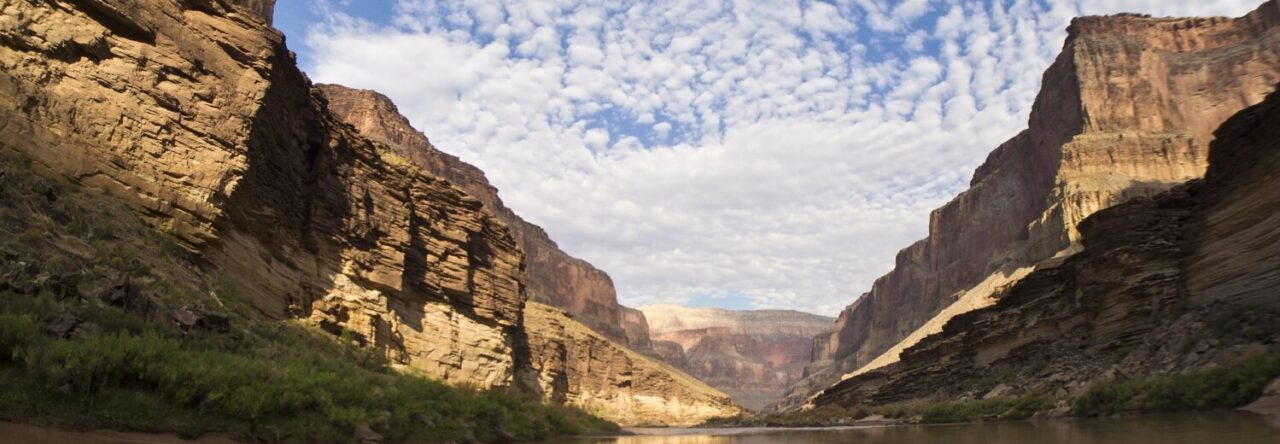
I was not planning to do this post until later but feel there may be some people who need it before they can read or receive any others. So here is a shot, even if it may not feel quite as polished.
If you are focused on evangelism and discipleship, why care about other issues? Like sustainability, agriculture, climate change, pollution?
Well, what if they are not in conflict, but actually further your goals? Here are 5 reasons for you to consider:
1. It’s appealing
I love this book dedication:
“For Jesus, who lived so lightly on this earth, He didn’t even have a place to lay His head. I want so deeply to be like you.”
Jen Hatmaker, Simple & Free: 7 Experiments Against Excess
Doesn’t that sound appealing? Does she sound like someone you would want to know?
The first Bible I had (and still have) was the Green Bible, around when it came out. While we of course don’t add to the Bible or consider it part of the Bible itself, there are some resources included ahead of this version. Among them is the story of the person who, for lack of a better term, put it together. He talks about his before and after in coming to faith. I remember being impressed that it was someone who truly changed his life, including, in his case, moving to a place the size of his former garage (which he notes shouldn’t attract that much sympathy since he was a doctor and it was a pretty big garage).
Since then, I know people who have no interest in going to church with me, but they love Water Missions, a Christian non-profit where I live.
2. It’s humble
If you care about what others care about and take time to consider if there might be something to learn from them too, won’t they be more likely to hear you? We reap what we sow.
I like this quote for the way it’s so respectful – without getting too much into the meaning, and while acknowledging there are times we need to carry each others’ burdens:
“If you have come here to help me, you are wasting your time. But if you have come because your liberation is bound up with mine, then let us work together.”
attributed to Lilla Watson and group effort
Often, people interested in evangelism seem to want to know how they can have a chance to interact with others they want to reach more often. While we may be led to do different things at different times, what better way than to ask how can I humbly come alongside you on something that you are called to do? Especially if involves a gap the church would be appropriately standing in all along (see reasons 3-4 below).
I say that with care because I don’t intend to suggest that different groups go seek to use each other to advance their own agenda, rather than genuinely looking to serve one another in love. Only to highlight there are mutual interests, and there is a level of respect in meeting people at that level.
3. It’s Stewardship
“The earth is the LORD’s and the fullness thereof, . . . .”
Psalm 24:1
Churches seem generally accepting of, and may be even big on, stewardship of financial resources. I’ve heard both preaching and a popular class stress that we hold what we have in trust from the Lord. If we encourage people to manage finances well, don’t we also want that to be true of non-money resources?
As we have seen supply chain issues, that may be increasingly apparent. We may be willing to think more about, for example, stewarding our topsoil and the role of small farmers and diverse crops in food security.
It seems like the contrary view is often based on a perception of the command in Genesis 1:28 to “fill the earth and subdue it . . . .” Commenting too much on what exactly that means is beyond me at this time. It does seem, though, like it should be read in context of other verses, which do not advocate a short-sighted view or one that is self-indulgent at the expense of others. Instead, we see verses like:
“. . . . You will lead by a completely different model. The greatest one among you will live as the one who is called to serve others, . . .”
Matthew 20:26 (TPT)
“A good person leaves an inheritance for their children’s children, . . . .”
Proverbs 13:22
For denominations that do Ash Wednesday, apology in this area is actually part of the liturgy:
“For our waste and pollution of your creation, and our lack of concern for those who come after us,
Accept our repentance, Lord.“
We also see in the Bible a God who tenderly cares for His creation:
“You visit the earth and water it;”
Psalm 65:9 (ESV)
“All creatures look to you to give them their food at the proper time.”
Psalm 104:27 (NIV)
Apart from the practical utility, creation is meant to tell us something about our creator:
“The heavens declare the glory of God; the skies proclaim the work of his hands.”
Pslam 19:1
It often is a way that we still experience awe and wonder. As Wallace Stegner puts it, wilderness is itself a resource, a part of the “geography of hope.”
4. It’s compassion
This is best to illustrate in context of specific issues, so I won’t get into it in an already long post here except to note that “environmental” or “ecological” issues are still about people and have real human impacts. The church is rightly quick to respond to crisis, but in dealing with issues like global warming or responding to hurricanes and flood threats, there is a chance to avoid, rather than mitigate, damage.
5. It’s time
The body of Christ is meant to be the solution. We have the chance to seek the wisdom of God for areas that seem so big and so far along as to feel hopeless if we look at trying to do this ourselves. And, there are places where action is urgently needed.
